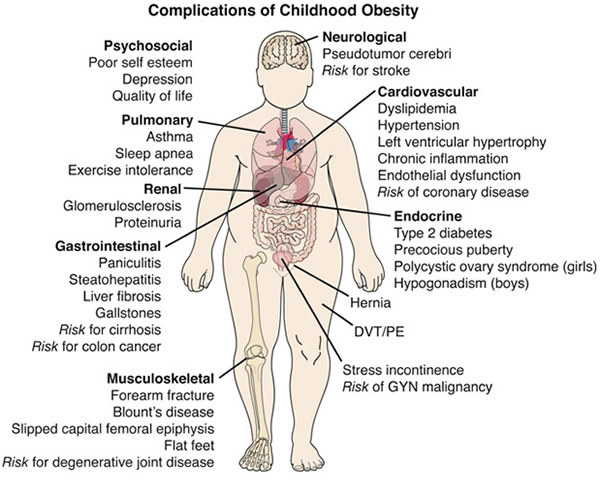According to a new book "What Every 21st-Century Parent Needs To Know," by Debra W. Haffner parenting style does make a difference in childhood weight issues.
Research shows that parents who are too strict or too permissive are much more likely to have children that are overweight by as early as the first grade.
So, what should you do if you're concerned about your child eating either too much or too little? Haffner proposes five tips to help parents teach their children techniques to propose healthy attitudes and behaviors about food.
1. Model healthy eating and exercising habits.
Parents should model the behavior they want from their children. The
most important thing parents can do is eat healthy themselves and
engage in physical excercise as a family. This is turn will create an
environment that children will model.
2. Don't make negative comments about your own weight.Parents need to guard against making negative comments about their own bodies as well as the weight of their children.
3. Educate your children about the power of advertising.
Researchers now think it is children's exposure through media to food advertising and marketing that may be behind the correlation between childhood obesity and television viewing. Talk with your children about why food companies use popular cartoon characters to help sell their food, and help them critique commercials.
4. Talk with your children about healthy eating.
By teaching children how to read labels and properly assess the information, children will be able to determine whether or not the product is healthy.
5. Make family dinners part of your routine.
Regular family dinners may be the best way to curb obesity and keep a vulnerable child from an eating disorder. Family dinners also provide you with an opportunity to talk to your children and find out what's going on with them. Children and teens who have dinner with their parents five or more times a week do better in school, have fewer behaviors problems, and lower rates of sex, alcohol, and drug use.
Taken from a posting by Miami Herald.


No comments:
Post a Comment